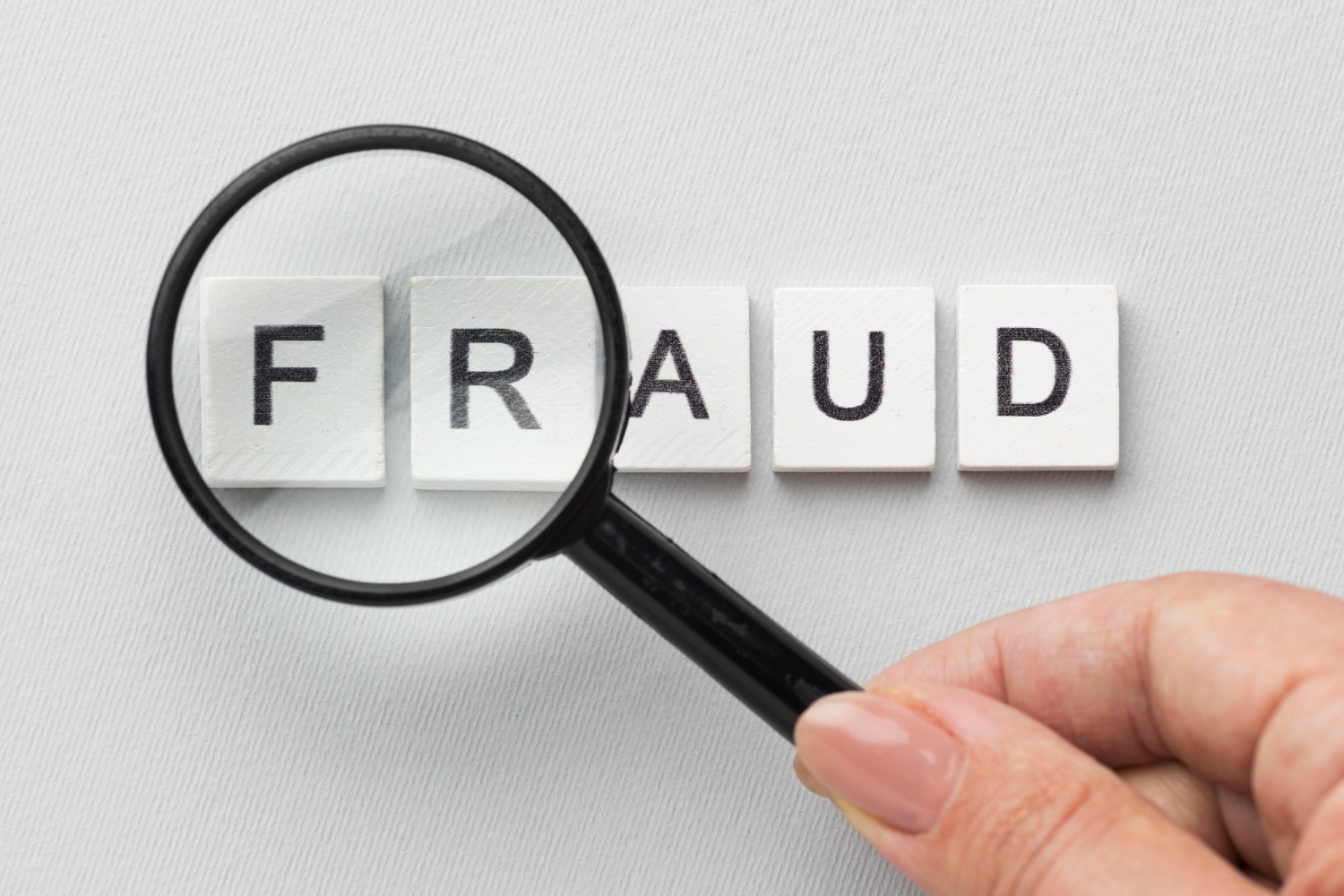
Fraud is a major concern for small business owners. Performing background checks on new employees and implementing data access limits can help protect your business from theft and hacking. Employee training is another important tool. Teaching your employees how to spot phishing scams will make them less likely to click on them and jeopardize your business’s sensitive information.
Table of Contents
Check Your Accounts Daily
Fraud is ever-changing, and businesses must be constantly aware of new risks. Keeping tabs on your account balances daily is one way to spot suspicious activity, such as an unexplained drop in funds or unauthorized purchases. Keeping up with fraud trends and how criminals work is essential for any business, but small businesses must do this. Smaller companies have less control over their finances and are likelier to suffer from fraud schemes because of weak internal controls. As it may happen three times as frequently as conventional third-party fraud, first party fraud (FPF) is becoming a major problem for banking institutions. Financial organizations must have the right procedures and resources to recognize and prevent it from happening.
Set Up An Anonymous Reporting System
Fraudulent activity has the potential to destroy a small business. It can result in financial losses that may be hard to recover from and erode trust among employees, customers, and partners. E-commerce fraud is a growing problem as criminals target an increasing number of online shoppers. Fraudulent actors can access accounts using data breaches and stolen credentials to make unauthorized transactions.
Chargeback fraud (where a consumer makes a false claim that a good or service wasn’t received) and account takeover fraud (when a criminal uses hacking, phishing, or stolen credentials to obtain unauthorized access to an online account) are other examples of e-commerce fraud. Consider installing chargeback protection to safeguard your company, which transfers responsibility for unlawful transactions and fraudulent payment disputes from the company to the chargeback protection provider.
Train Your Employees
As a small business owner, you should ensure your employees know what types of fraud to look out for. It includes training on how to spot specific scam red flags. For example, if an employee constantly reviews their expense reports, this could indicate fraudulent behavior.
Moreover, training can also include examples of how different types of fraud are detected. Another way to prevent fraud is to limit an employee’s access to data systems. It can be done by modifying the information an employee has on their computer and not storing data outside of business systems. Also, employees should be encouraged to use password managers that help them keep their data secure.
Secure Your Front Door
The front door is the first thing burglars look at when trying to break into a home. It is why it is so important to ensure that your front door is as secure as possible. If your door is old, replacing it with a more sturdy model may be time. A metal or solid wood door is the best security option, as it is extremely difficult for burglars to break through. Another great way to improve the security of your front door is to install toughened glass. It is up to five times stronger than standard glass and will deter any would-be burglars. It is also a good idea to get a reinforced door jamb kit which will make it more difficult for an intruder to wrench the door open.
Separate Your Banking From Your Business
One of the simplest ways to keep your personal and business expenses separate is to set up a business bank account. It will make it more difficult for employees to steal from your company and help you avoid many headaches. For instance, it will prevent check tampering, a common fraud scheme that involves altering, forging or concealing checks before they are signed.
It will also help you build a solid business credit history, which can be an asset when applying for business loans and lines of credit. To further protect yourself, run a criminal background check and credit checks before hiring new employees. Also, consider investing in counterfeit money detectors for any cash-handling employees.